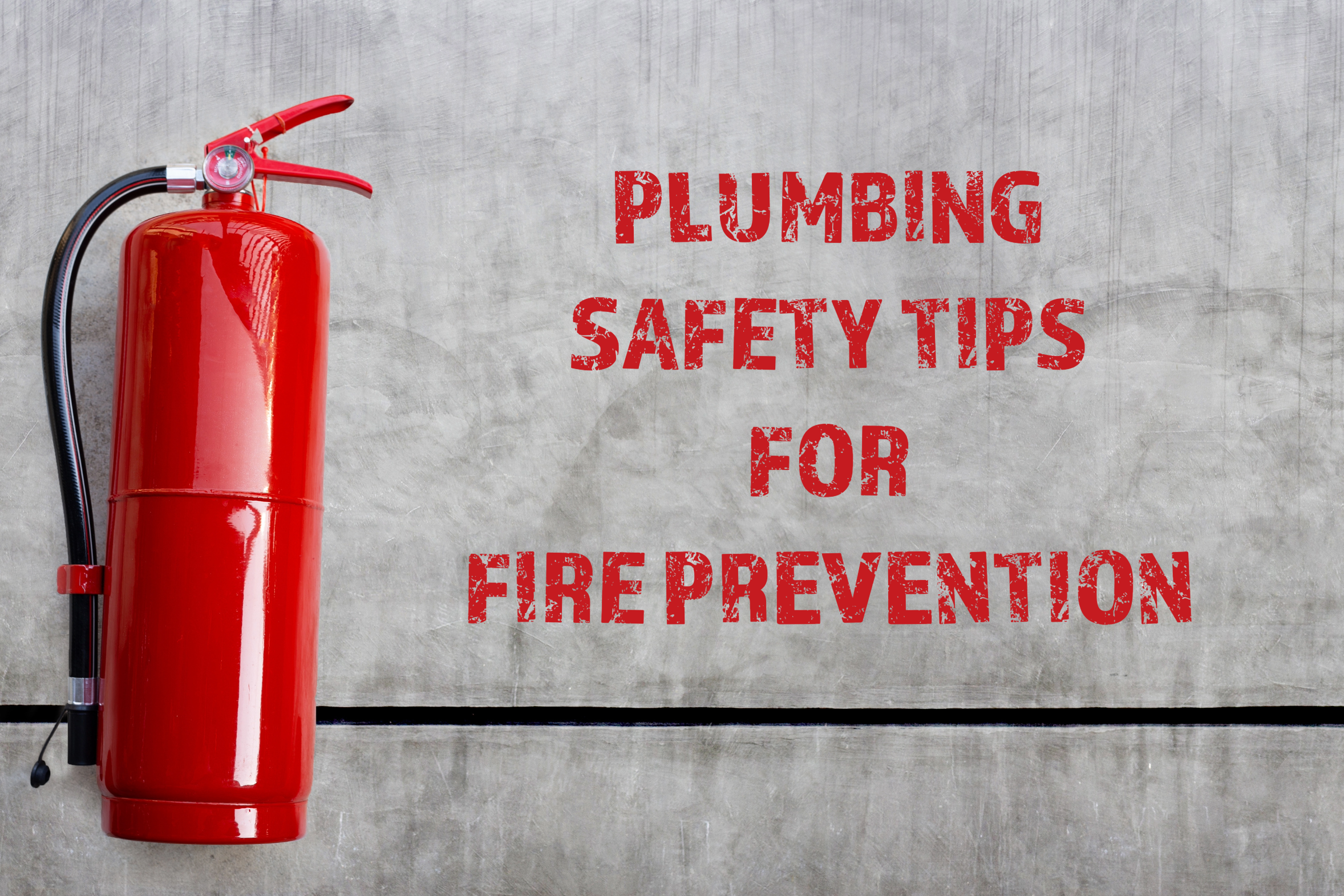Did you know that October is recognized as Fire Prevention Month? Initially established as National Fire Prevention Week in 1922 to commemorate the Great Chicago Fire of 1871, it has since been expanded to span the entire month. On average, approximately 358,500 house fires occur each year, with around 5,400 of them attributed to water heaters. It is important to note that water heaters are not inherently dangerous, but it is crucial to emphasize the potential risks associated with improper care and negligent practices.
Join your Canal Winchester Plumbing & Drain family as we walk you through all you need to know about water heater fire prevention.
WHAT’S THE DIFFERENCE BETWEEN GAS OR ELECTRIC WATER HEATERS?
Before discussing safety tips, let’s delve into the distinctions between gas and water heaters. While their sources may differ, their operational mechanisms are quite similar. The question of prioritizing one over the other in terms of safety may be up for debate. However, it is important to comprehend their sources and how they operate.
Gas Water Heaters: Gas water heaters utilize natural or propane gas as the energy source for heating water. Consequently, the occurrence of a gas leak can potentially result in the formation of flammable vapor, increasing the likelihood of a vapor-induced explosion upon contact with the ignition flame. However, it is worth noting that modern water heater models are typically equipped with bottom seals, effectively safeguarding the ignition flame from any interaction with flammable vapors. To prioritize safety precautions, it is highly recommended to have a Carbon Monoxide & Explosive Gas Detector in your household, regardless of the age of your water heater. These hybrid alarms are designed to detect both carbon monoxide and natural gases, including methane and propane.
Electric Water Heaters: Electric water heaters rely on electricity as their energy source, necessitating vigilance for indications of overheating or electrical fires. There could be several factors contributing to your water heater’s overheating. For further details, please click here. However, if the temperature of your water heater exceeds 140ºF, consider adjusting it downwards; if the issue persists, it is advisable to seek assistance from a professional. (It is generally recommended to maintain water heaters between 120ºF and 140ºF.)
WHAT ARE SOME WATER HEATER FIRE PREVENTION SAFETY TIPS?
1. Ensure that flammable materials are kept at a safe distance from your water heater and its surrounding area. Given that many water heaters are installed in garages, it is typical for such items to be in close proximity. This includes, but is not limited to:
- Empty gasoline containers
- Paint cans or canisters
- Oil-laden rags
- Other household chemicals and cleaning products
- Cardboard boxes
- Stacks of paper or other flammable materials
- Wood furniture
- Plastic bottles
*Furthermore, if your water heater is located inside your garage, it is important to exercise caution if you also store items such as your lawn mower in the same space. Most lawnmowers rely on gas to operate. Therefore, placing a gas-filled appliance in close proximity to a water heater poses a significant fire hazard.
2. Having knowledge of how to properly turn off your water heater is essential. Although it may not be at the forefront of your mind, being prepared for critical situations where quick action is required is invaluable. Understanding the process of shutting off your water heater in advance can prove to be more significant than you realize.
3. Maintain an uncluttered space around your water heater. While we have discussed the importance of keeping flammable materials away, it is generally advisable to avoid cluttering the area around your water heater with any objects. Consider it as providing “breathing space.” It is crucial to ensure sufficient room for air circulation around your water heater. Placing items in close proximity or in front of the water heater can impede proper airflow, posing a significant fire hazard.
4. Schedule your annual plumbing inspection. It is crucial to engage a professional plumber to inspect your plumbing system once a year for preventative care. Your plumbing system is made up of various components, including pipes, drainage systems, sinks, toilets, showers, water heaters, and other plumbing-related appliances. At Canal Winchester Plumbing & Drain, our expert plumbers conduct a meticulous examination of all your plumbing equipment. This comprehensive inspection ensures optimal functionality and facilitates the early detection of potential issues that could escalate into more significant and hazardous problems in the future.
Ensuring the safety and proper maintenance of your water heater is paramount. We prioritize the well-being of you and your family above all else. You can always give us a call to learn more about our Whole Home Protection Plan. We’ve got you covered when it comes to keeping your home and HVAC system in tip-top shape!
Stay safe and call Canal Winchester Plumbing & Drain for all your plumbing needs today at (614) 490-7531, or schedule an appointment online now by clicking here!




